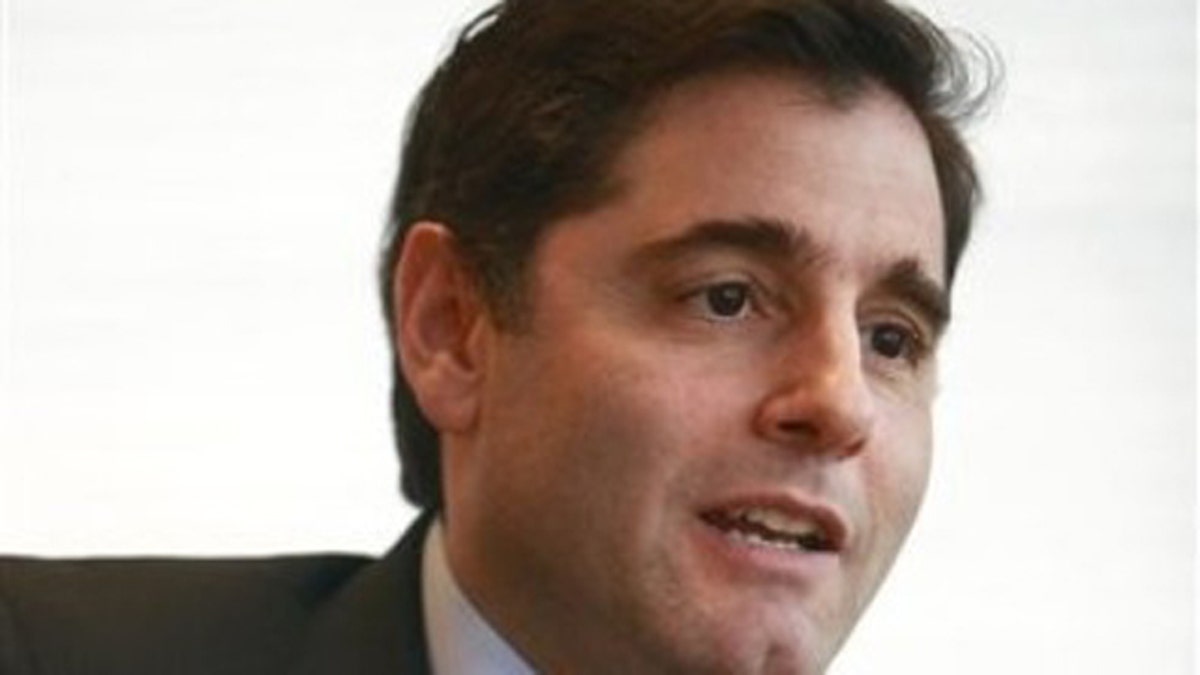
FCC Chairman Julius Genachowski (AP)
The Fairness Doctrine and 83 other "outdated and obsolete media-related rules" were tossed Monday into the regulatory dust bin of the Federal Communications Commission, in a move that the agency said helps it achieve the FCC's "reform agenda."
FCC Chairman Julius Genachowski said that the decision to eliminate the Fairness Doctrine was part of a larger mandate proposed by the Obama administration to ease regulatory burdens by getting rid of duplicative or outdated measures. Genachowski informed Congress in June of the pending action.
"The elimination of the obsolete Fairness Doctrine regulations will remove an unnecessary distraction. As I have said, striking this from our books ensures there can be no mistake that what has long been a dead letter remains dead," Genachowski said in a statement on the FCC website.
"The Fairness Doctrine holds the potential to chill free speech and the free flow of ideas and was properly abandoned over two decades ago. I am pleased we are removing these and other obsolete rules from our books," he added.
The Fairness Doctrine has been in place since 1949, and required licensed broadcasters to share airwaves equally for competing political points of view. At the time of its creation, only 2,881 radio stations existed, compared with roughly 14,000 today.
The FCC said Monday it has not enforced the doctrine for 20 years, and is reflective of rules outdated by technology and greater competition.
Its demise is welcome among Republicans who have argued that the media unfairly lean toward Democratic and liberal perspectives. However, earlier in President Obama's administration, several Democratic lawmakers had discussed bringing it back into force, noting the popularity of conservative talk radio, which they argue falls into the public airwaves.
One commissioner warned as recently as this month that "localism," a proposal that gives the federal government the ability to make sure broadcasters serve their communities, could be used to wedge in principles of the fairness doctrine even without the regulation on the books.
Though it announced its plans on Monday, the commission must release the full text of the order before the action is considered official.












































